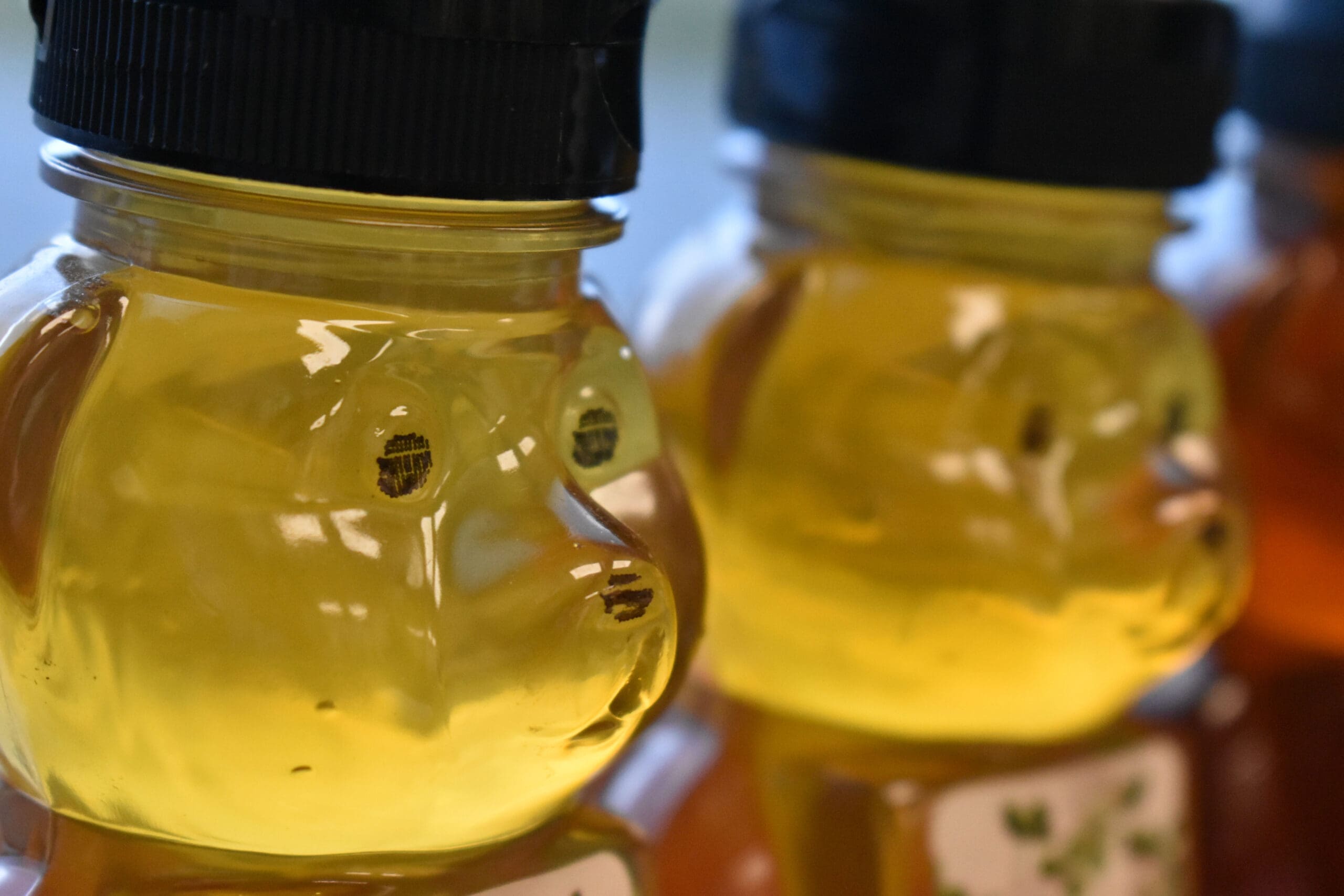
The power of clean labeling
When you walk down the aisles of a grocery store, you’re bombarded with a wide range of food products—each vying for your attention. As a consumer, it’s crucial to make informed choices about what you eat. That’s where clean labeling comes in. But why is this practice important? Let’s explore the significance of labels in the food manufacturing industry and how it directly impacts you as the consumer.
Understanding clean labeling
Clean labeling means providing clear, transparent, and easily understandable information on food product labels. These labels include simple language (rather than complex terminology) so it’s easier for consumers to understand what they’re eating. Easy-to-read labels make it easy to spot essential details—such as ingredients, nutritional information, and any relevant certifications.
Empowering consumer choices
Clean labeling empowers you to make informed decisions about the food you buy. It helps you to avoid allergens, additives, or ingredients that you can’t (or don’t want to) eat. After all, you have the right to know exactly what you’re putting in your body. And clean labeling helps you do that.
Avoiding hidden additives
Have you ever read a food label and felt overwhelmed by a long list of ingredients you don’t recognize? Well, clean labeling tackles this issue head-on. By using easily recognizable ingredients, manufacturers with clean labels help you avoid hidden additives like artificial flavors, colors, and unnecessary preservatives. Then you can choose products that align with your dietary preferences—whether they’re gluten-free, organic, or low-sodium products.
Enhancing nutritional awareness
Clean labeling plays an important role in nutritional awareness. It allows you to assess the nutritional value of a product at a glance—so you can identify calories, fat, sugar, and other key nutrients. From there, you can make choices that align with your dietary needs. This practice also lets you become a more conscious consumer by ensuring that you can avoid unhealthy ingredients. One company that promotes nutritional awareness is Kate’s Real Food. Explore their delicious, organic food products and learn more about their commitment to nutritional awareness at Katesrealfood.com.
Supporting allergen management
For individuals with food allergies or sensitivities, clean labeling can be life-changing. When companies clearly state potential allergens in a food product—such as nuts, dairy, soy, or wheat—they can help you avoid allergic reactions. This ingredient transparency promotes your safety and allows you to confidently select products that suit your dietary requirements.
Promoting trust and transparency
Clean labeling fosters trust between consumers and food manufacturers. When companies prioritize clear and honest communication, it demonstrates their commitment to your well-being. It shows that they value your trust and will take concrete steps to keep it. If you choose brands that embrace this practice, you can feel more confident about the quality of food you bring into your home.
Clean labeling has become a powerful tool for consumers seeking transparency, information, and control over their food choices. It helps you avoid hidden additives, supports allergen management, enhances nutritional awareness, and promotes trust between you and food manufacturers. Remember, as a consumer, your choices have the power to shape the food industry. So, embrace this practice, read those labels, and make choices that align with your values and well-being.


